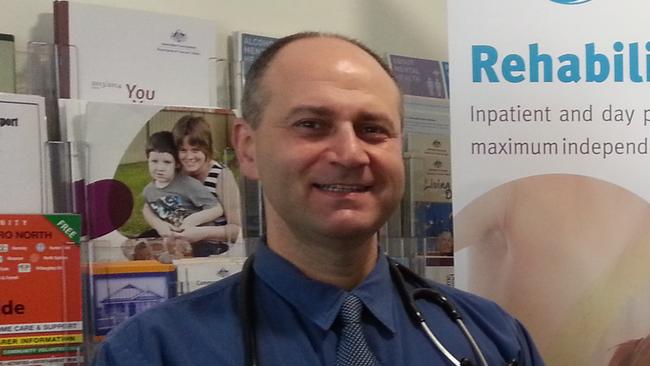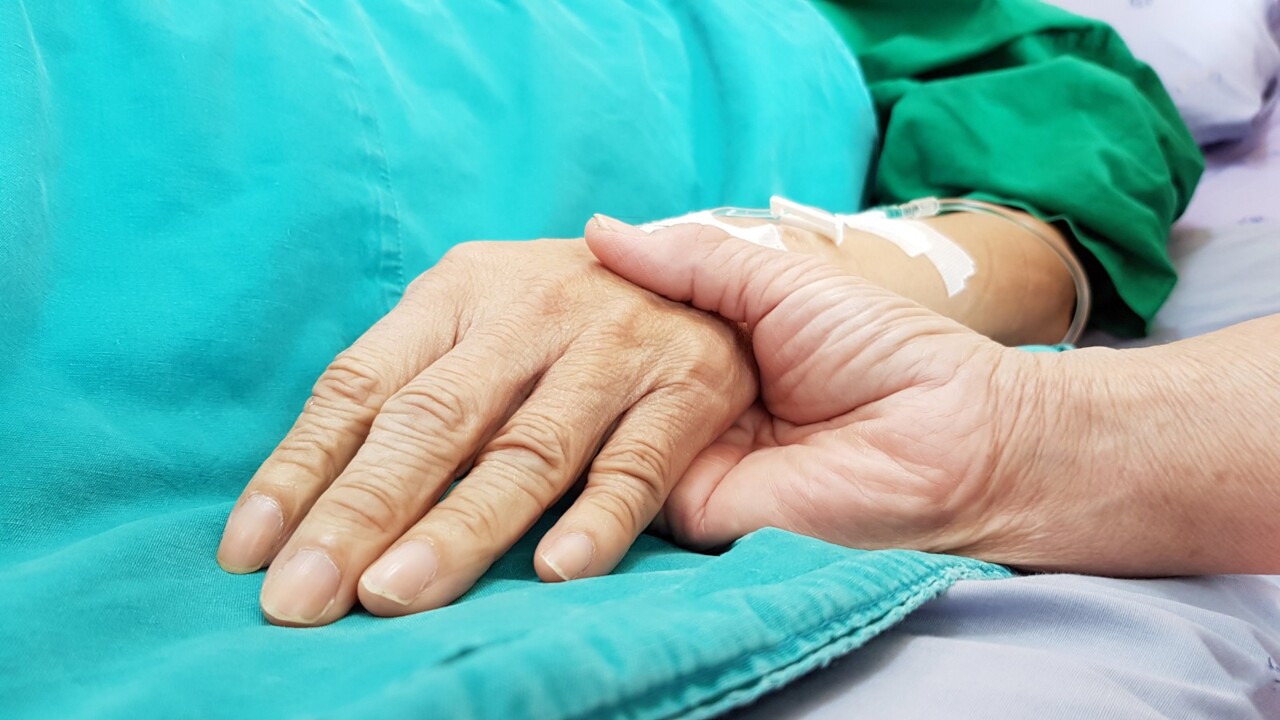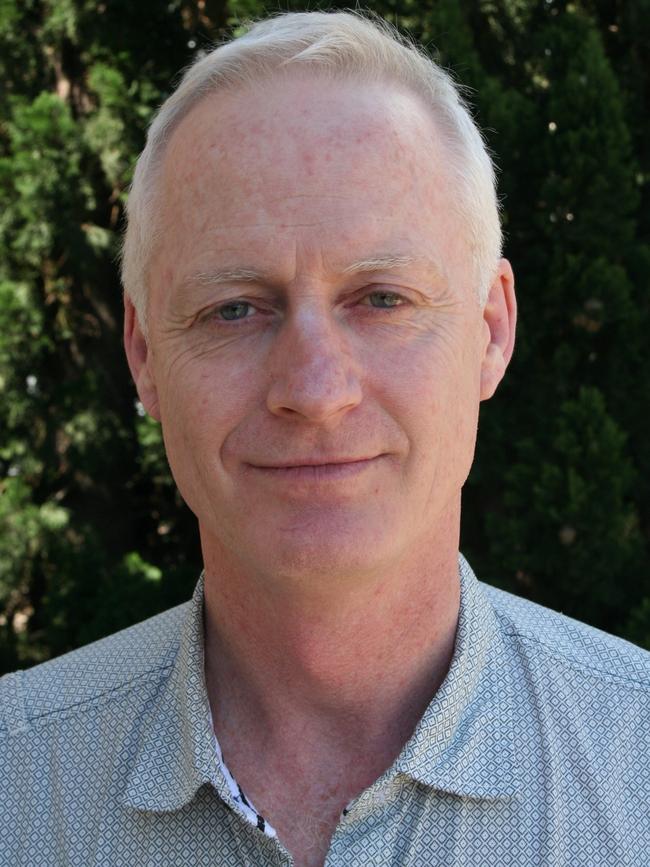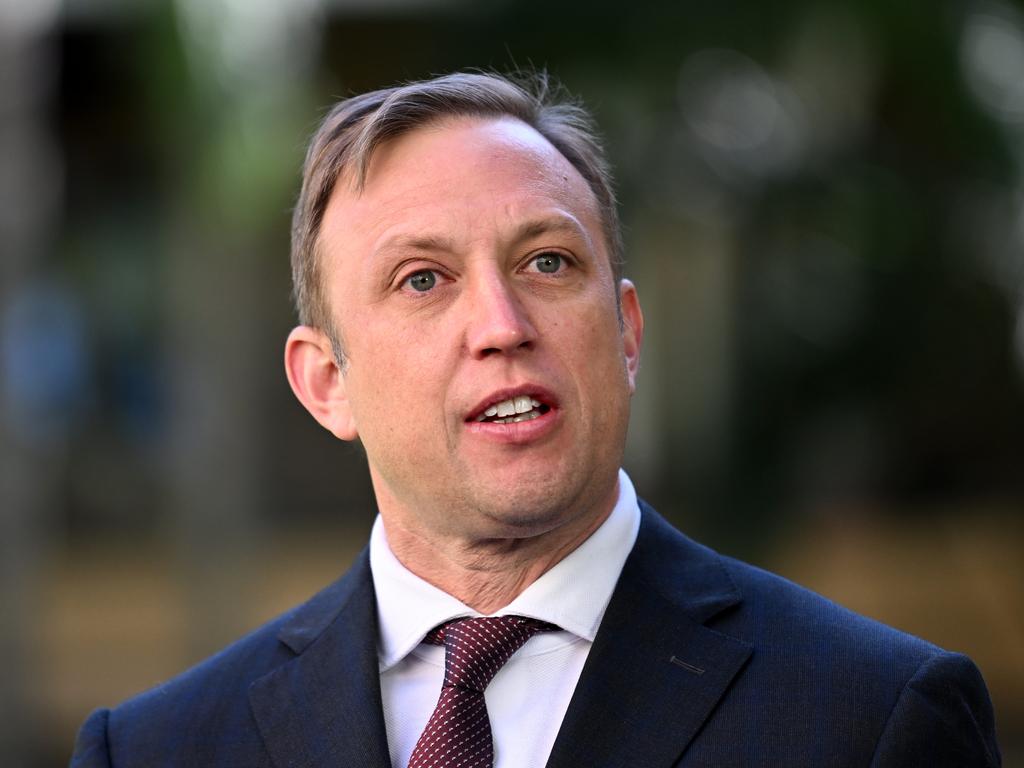Doctors fight states’ push for telehealth VAD
One thousand health professionals – including leaders in geriatric and palliative care – have united to oppose a states’ push to allow telehealth appointments for voluntary assisted dying.

One thousand health professionals – most of them doctors and including leaders in geriatric and palliative care – have united to oppose a states’ push to allow telehealth appointments for voluntary assisted dying.
The states, all of which now have VAD laws, are seeking an exemption from the Philip Nitschke-era federal ban on the use of phone or internet to “counsel or incite” suicide or “promote” suicide methods. States and VAD advocates argue the federal law frustrates access to VAD for regional patients with limited access to local doctors and specialists.
The issue is listed for discussion at the April 28 meeting of the Standing Council of Attorneys-General, in Darwin, led by Queensland and supported by other states.
However, the 1000 medicos – including past senior figures in key professional bodies – have penned an open letter in The Weekend Australian warning it would create “great hazards and injustice”.
“Further relaxation of criminal codes to facilitate telehealth for VAD assisted suicide would remove protections owed those vulnerable to suicide under duress and in need of palliative care, aged care and mental health services, especially so in regional and remote Australia,” their letter says.

“It is oversimplistic and in breach of a patient’s rights and owed dignity in healthcare to imagine competence, informed consent, lack of coercion, mental illness and comprehensive health care or palliative care needs can be adequately assessed using telehealth by VAD doctors.”
One signatory, NSW geriatric care specialist John Obeid, said the changes would effectively force regional patients into VAD, due to the lack of geriatric and palliative services in their areas.
“The most vulnerable, who have the least resources, who are desperate and may need proper health care but can’t access it, would then feel like that (VAD) is the only option to them,” said Dr Obeid. “It’s cheap – only a phone call and postage of the medication – whereas it’s really, really expensive to provide proper geriatric and palliative services. There would be no driver for government healthcare providers to actually provide services to these people, because VAD would be so affordable and easily accessible.”
However, some doctors support amending the Nitschke law to exempt VAD telehealth, arguing it is not assisting suicide but rather managing end-of-life care.
South Australian palliative care specialist Roger Hunt said while telehealth for VAD consultations may not always be appropriate, it should be an option – as in other areas of medicine.

“In some situations, it may be difficult to make a full and thorough assessment on some aspects of a person’s care (via telehealth) but that doesn’t mean all telehealth for VAD should be negated,” Dr Hunt said.
“If a doctor feels they can’t proceed with whatever treatment or management because they need to do it face-to-face, then they need to do it face-to-face; the same as in all other areas of medicine.”
Shayne Higson, chief executive of Dying with Dignity NSW, said change was vital to ensure the terminally ill in regional and remote areas were not forced to drive hours for VAD consults.
Federal Attorney-General Mark Dreyfus did not respond to requests to state the government’s view, but suggested in February the main impediment was crafting amendments to suit the various state VAD systems.








To join the conversation, please log in. Don't have an account? Register
Join the conversation, you are commenting as Logout